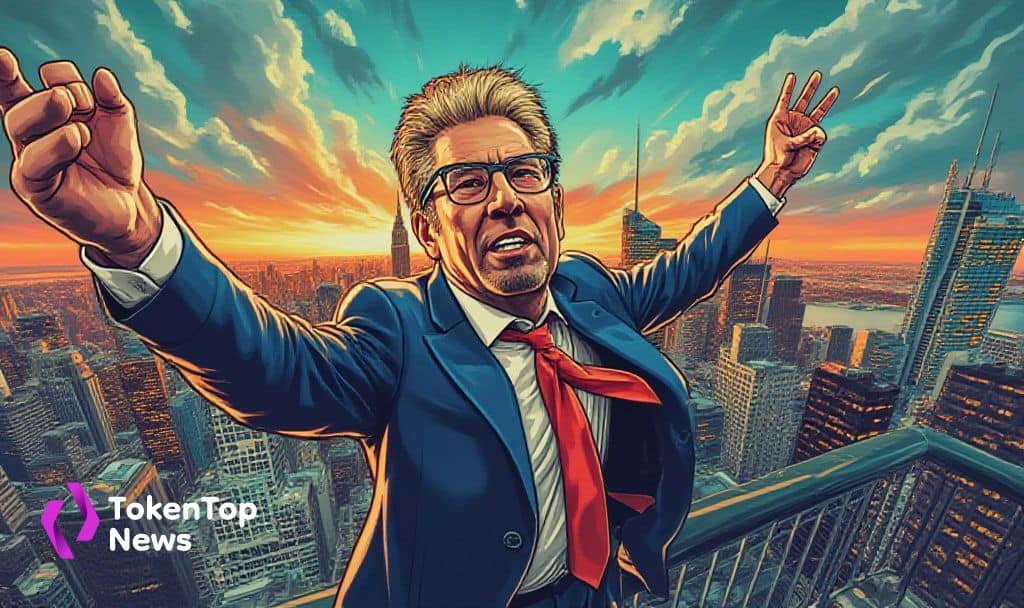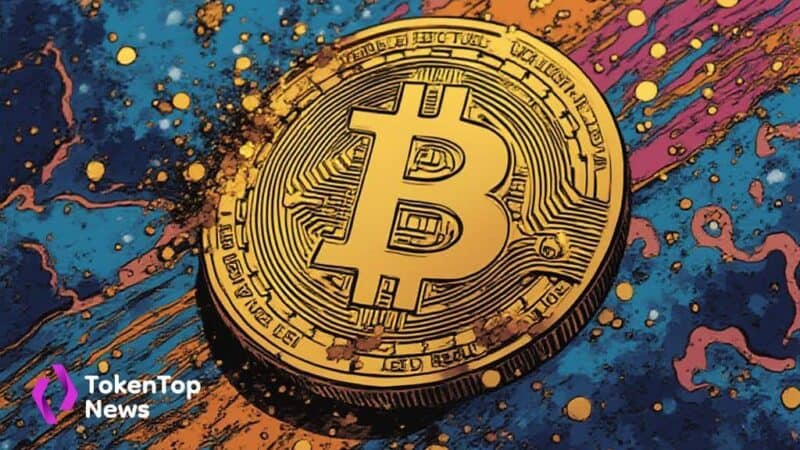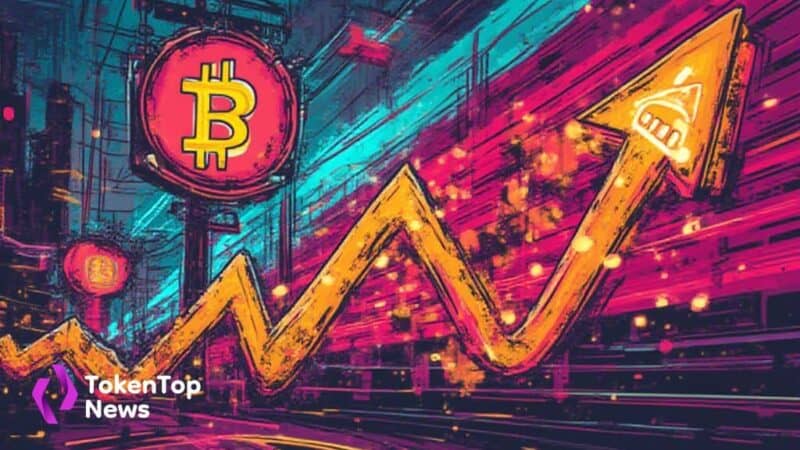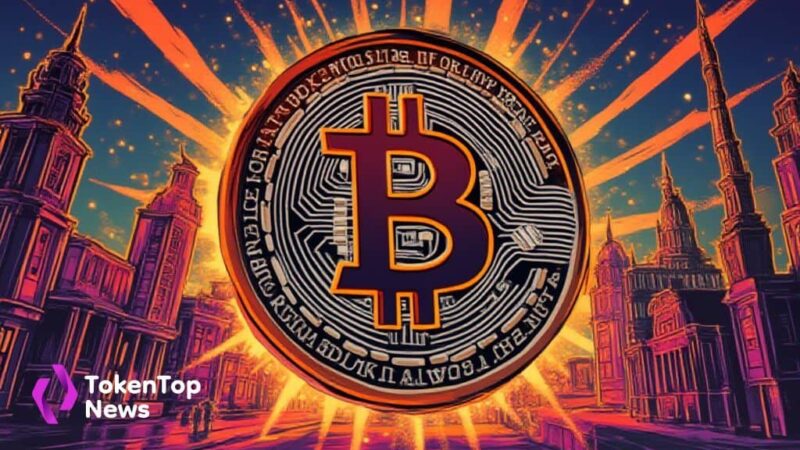Elon Musk Loses Richest Person Title to Larry Ellison
- Elon Musk loses the world’s richest person title to Larry Ellison.
- Oracle stock jumps over 40%, boosting Ellison’s fortune.
- Tesla stock’s decline impacts Musk’s wealth position.

Elon Musk has been overtaken by Larry Ellison as the world’s richest person due to a surge in Oracle’s stock, driven by significant AI-related earnings.
The ranking shift highlights broader market trends, with institutional investments boosting Oracle and Tesla’s stock dip impacting Musk’s wealth, leaving cryptocurrencies largely unaffected.
Elon Musk, who previously held the top spot for four years, experienced a significant decrease in net worth due to Tesla’s 14% decline. Oracle co-founder Larry Ellison now leads the rankings after Oracle’s stock surged by over 40%.
Volatility in Tech Equity Markets
Tesla’s stock drop impacted Musk’s financial status, whereas Oracle’s rise drove Ellison to the forefront. This shift highlights volatility in tech equity markets, with significant movement due to current AI-driven trends and institutional investments.
Safra Catz, CEO, Oracle, stated, “We signed four multi-billion dollar contracts with customers during the quarter, and expect to sign several more in the coming months.”
Financially, Oracle benefited from recent AI contracts, elevating Ellison’s wealth. Politically, both Musk and Ellison maintained silence on the matter, avoiding public comments about their wealth rankings, indicating a tactical approach to market perceptions.
Stock market fluctuations are primarily contained within the tech sector, with little effect on cryptocurrencies. Oracle’s increase was propelled by significant infrastructure deals. North American markets remain focused on tech equity movements driven by macroeconomic factors.
Historically, wealth rank changes like Musk’s have paralleled stock market movements, typically not affecting cryptocurrency valuations directly. As traditional equities adjust, the current event provides insights into potential regulatory implications and corporate governance trends.




